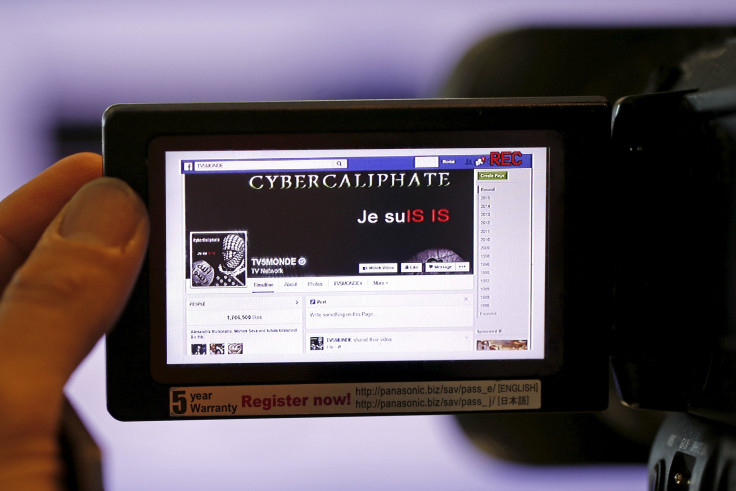ISIS Planning Major Cyberattacks Against Airlines, Hospitals And Nuclear Power Plants

The U.K. government is worried that Islamic State hackers will target the country's critical national infrastructure, including hospitals, airlines and even nuclear power stations, and it will announce on Tuesday an investment in cyber security of £1.9 billion over the next five years to combat their efforts.
The world is still coming to terms with the fallout from the unprecedented attack by the extremist group -- known also as ISIS, ISIL and Daesh -- on Friday which has left at least 129 people dead and dozens more fighting for their lives in Paris. In a widely distributed speech to be delivered Tuesday at the Government Communications Headquarters (GCHQ) -- the UK’s equivalent to the NSA -- in Cheltenham, Chancellor George Osborne will say the potential impact of a cyberattack by ISIS “could be measured not just in terms of economic damage but of lives lost.”
ISIS has used the Internet, and social media in particular, as a highly effective way of spreading propaganda but to date its hacking efforts have been ineffectual and unsophisticated. While ISIS likes to proclaim that its Cyber Caliphate -- and other similar pro-ISIS hacking groups -- are waging cyberwar on the west, the truth is that, to date, it has had very limited success, something Osborne will recognize in his speech. “They do not yet have that capability. But we know they want it, and are doing their best to build it.”
Threats to the critical national infrastructure of countries -- oil and gas pipelines, electricity grids, power stations, hospitals, airports and more -- that are increasingly being run by computers are on the rise, with most attacks carried out by well-funded and highly sophisticated nation state hacking outfits -- something ISIS aspires to become.
“ISIS’s murderous brutality has a strong digital element. At a time when so many others are using the Internet to enhance freedom and give expression to liberal values and creativity, they are using it for evil," Osborne will say. "Let’s be clear. ISIS are already using the Internet for hideous propaganda purposes; for radicalization, for operational planning too. They have not been able to use it to kill people yet by attacking our infrastructure through cyber attack.”
In the wake of the Paris atrocities, the U.K. has moved swiftly to reinforce its national security. On Monday, Prime Minister David Cameron announced the creation of 1,900 additional positions in the UK’s intelligence organizations (MI5, MI6 and GCHQ), admitting the country had stopped seven terror attacks in the last six month, with the most recent attack foiled in the last two weeks.
Cameron also announced £2 billion in additional funding for the SAS and special forces as the country looks to bolster itself against expected increase in threats from ISIS and other terror groups as the country’s terror threat level remains at severe -- a position it has been at for more than a year.
Cameron compared the threat from ISIS to that posed to the U.K. in the last century by Hitler and the Nazis in a speech at the Lord Mayor’s Banquet in London on Monday night, recalling the resolve of the U.K. in its defiance of Hitler. "It is that same resolve that will defeat this terrorism and ensure the values we believe in -- and the values we defend -- will again prevail," he said according to the Daily Mail.
© Copyright IBTimes 2025. All rights reserved.






















